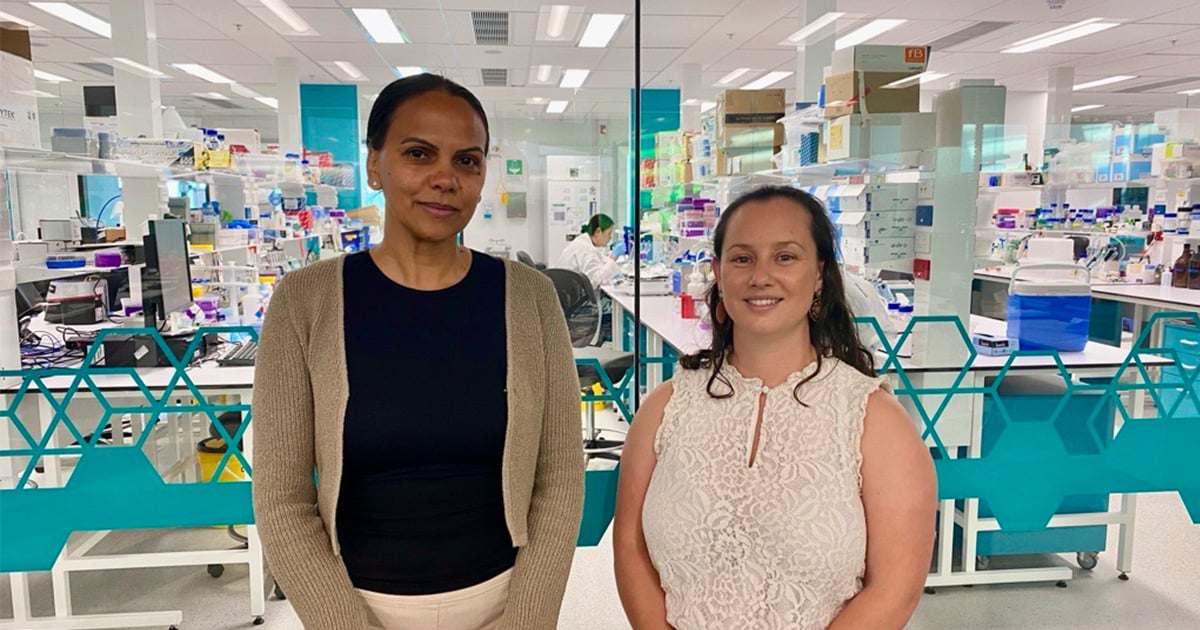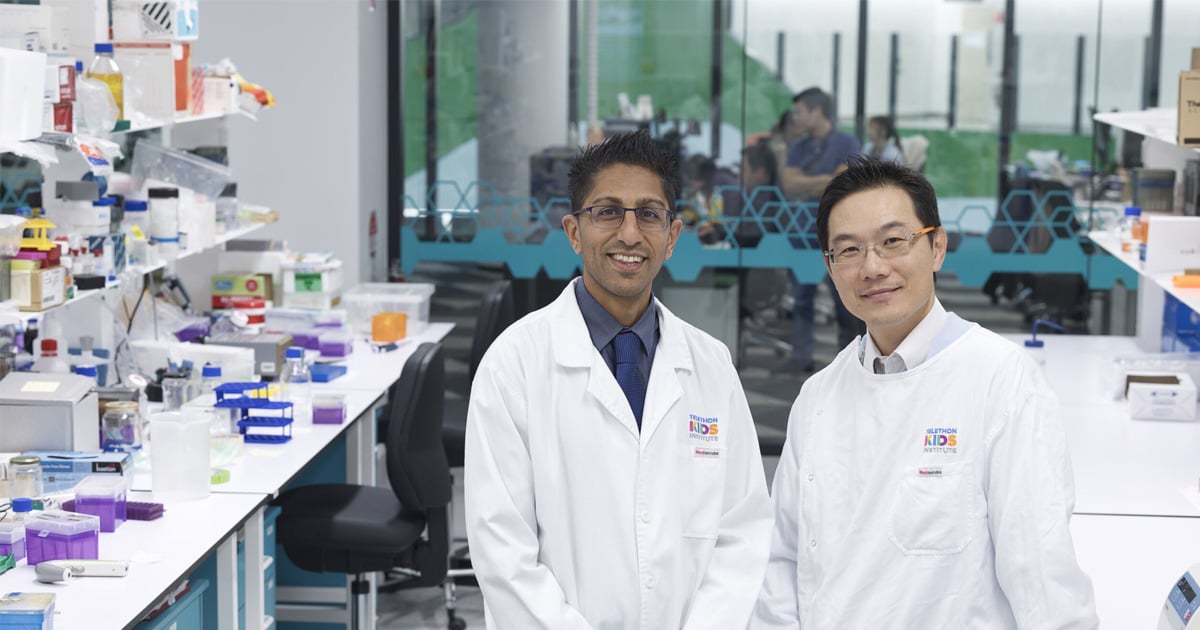Search

Honorary Research Associate

Feilman Fellow; Head, Precision Health Research and Head, Translational Intelligence

Honorary Emeritus Fellow

A review led by the First Nations Childhood Cancer team at The Kids Research Institute Australia has highlighted the urgent need for Indigenous-specific studies focused on cancer outcomes, survivorship and equity.

A groundbreaking study from cancer researchers at The Kids Research Institute Australia has identified a promising new therapeutic strategy for children battling the most common childhood cancer – B-cell acute lymphoblastic leukaemia.
Hematopoiesis occurs in a complex bone marrow microenvironment in which bone marrow stromal cells provide critical support to the process through direct cell...
The NUT midline carcinoma (NMC) is a rare but fatal cancer for which systematic testing of therapy options has never been performed.
We report a patient with high-risk anaplastic medulloblastoma who developed severe HSOS during her second cycle of maintenance chemotherapy.
We found no evidence of positive associations between risk of childhood brain tumours overall and childhood or parental pre-pregnancy radiological procedures.
Drug-resistant forms of acute lymphoblastic leukaemia (ALL) are a leading cause of death from disease in children.
